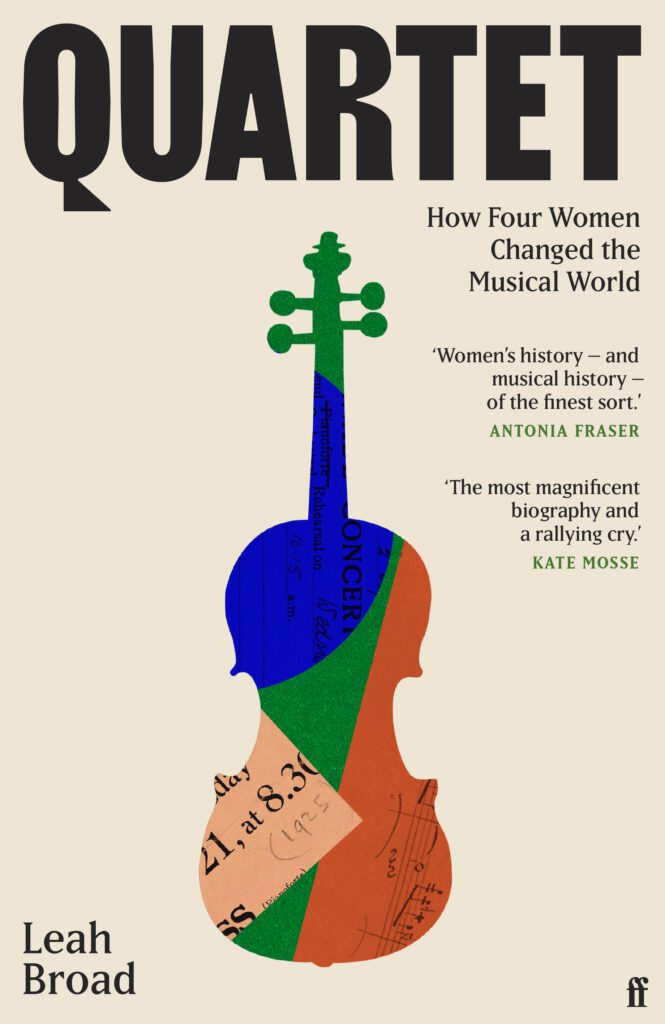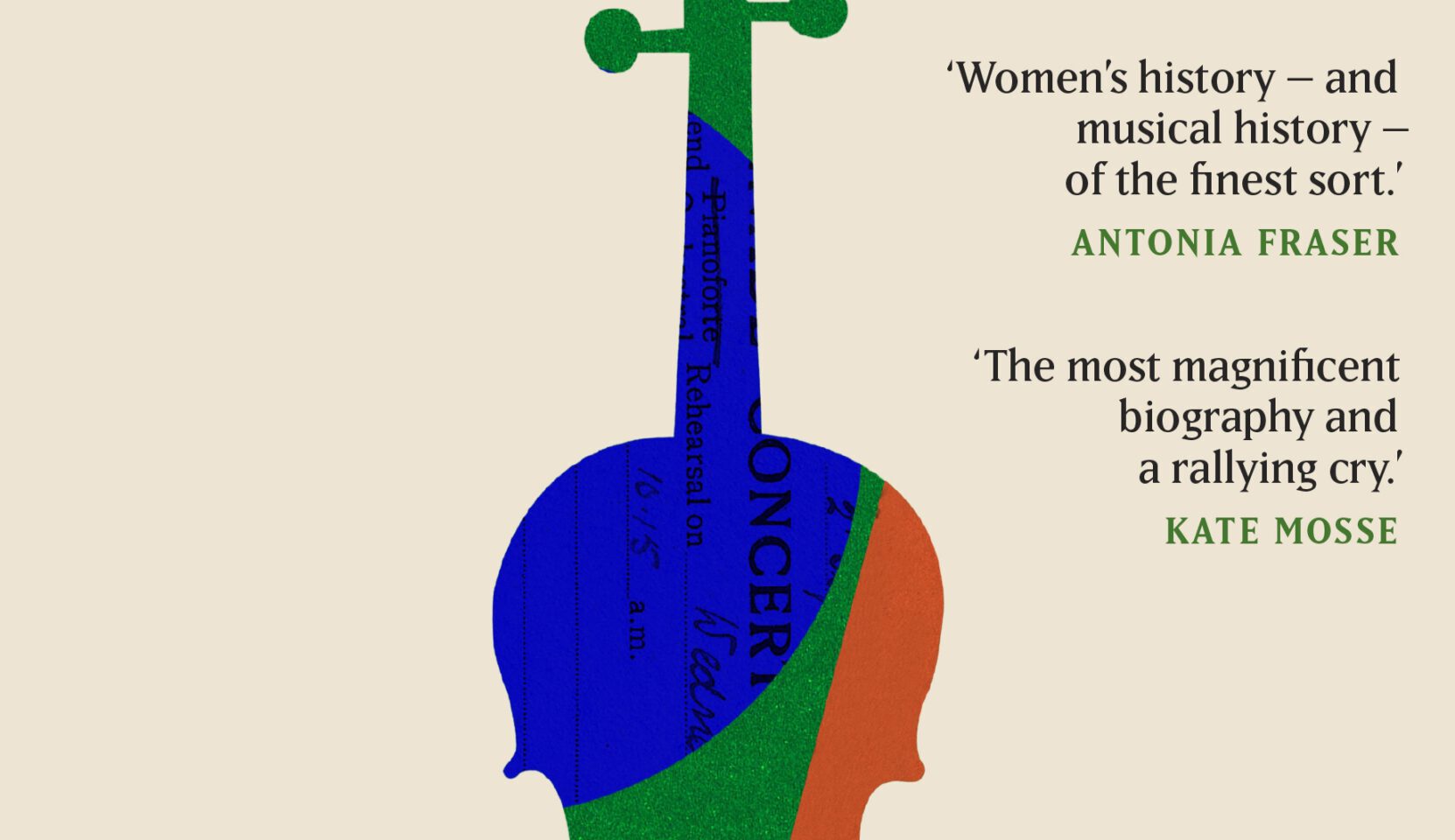Review: Quartet: How Four Women Changed the Musical World, Leah Broad, Faber 2023

Leah Broad’s Quartet: How Four Women Changed the Musical World (Faber 2023) is an exhilarating read. The author immerses us in the lives of four composers who have been forgotten (or, perhaps better put, have been excised) from western music history and canon: Ethel Smyth (b. 1858), Rebecca Clarke (b. 1886), Dorothy Howell (b. 1898) and Doreen Carwithen (b. 1922). Significantly, the composers in question are women, and yet the label of woman composer is not a label that all four were comfortable with, particularly Ethel Smyth and Rebecca Clarke. Understandably so. As women, the odds were stacked against the pursuit of a career as a performer or composer. And although woman performers became more accepted over time, becoming known and well-regarded as a composer remained something of a struggle. Composing was not thought to be ‘natural’ for women. Broad notes:
It was begrudgingly accepted that women could write and paint because, as one author put it, these art forms ‘all have a basis of imitation’. But music was different. Creating music required the ability to think both logically and emotionally, and involved no imitation of nature whatsoever. It was a talent considered beyond women’s reach (Broad 2023, 4)
Since women were not thought naturally able to compose, music by women was therefore a ‘hard sell’ in terms of securing publishing contracts and featuring in concert programmes, and reviews of new works often displayed exceptionalism. ‘The Times declared it [Ethel Smyth’s Serenade] had “a vigour and certainty that are most rarely found in works by female hands in any branch of art”’ (2023, 67). And yet these four remarkable women succeeded in carving out their place in the English musical landscape. But how so and for how long? The tales of the four women are notable in terms of how they eschew what would have been thought of as traditional family life. Aside from Ethel Smyth’s longstanding love of H.B., she seems often intoxicated by muses, both men and women, throughout her life and career, her drive to compose outweighing everything else. And marriage was not without risk to the compositional life. When Doreen Carwithen got married, after the man with whom she was having a long-standing affair finally left his wife to be with her, she became known as Mary Alywn (using her middle name), gave up composition and dedicated herself to his composition and creativity, foregoing her own (even her sister didn’t realise that she was a successful film composer until after Doreen’s death).
The four women whose lives Broad immerses the reader in are undeniably remarkable, and the introduction to their works—along with a select discography—definitely inspire one to listen to their musical contributions. But I can’t help but feel that the book is as bleak as it is inspiring, not only in terms of Broad’s epilogue—where the contemporary inequalities faced by women in music are highlighted as is the obscurity of women who have resurfaced within the canon only to be re-forgotten— but in terms of reflecting on how far, or how little, the lives of women have come. Although women have more rights than in Smyth’s suffragette times, and conditions are undeniably better on the whole, there is much more that needs to be accomplished, not least the unmasking of the false binary of career/family, which can only be accomplished with a transformation of working conditions as well as perceptions of women and their abilities.

